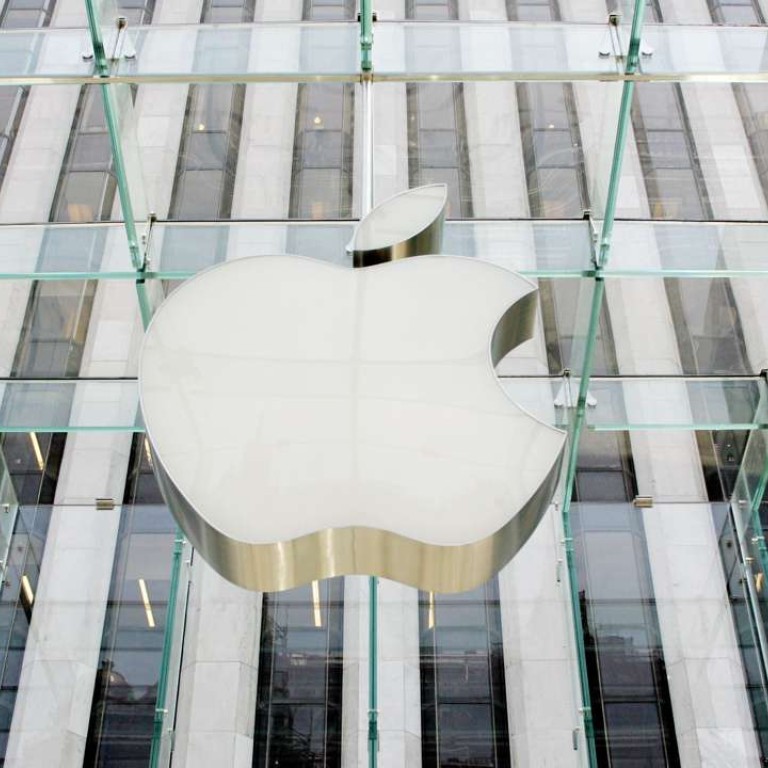
Apple, Didi Chuxing and Warren Buffett make interesting bedfellows
Logic twisted into a confusing intersection.
I’ve heard of coincidences before.
It’s just that I’ve never actually seen one happen.
So last week, when Apple made an unusual move in China and Warren Buffett revealed a stake in Apple it set off enough speculation to twist logic into a confusing intersection. Contradictory investment and business motivations usually result in unusual outcomes.
Apple invested US$1 billion in Didi Chuxing, a leading Chinese ride-hailing service. Then Warren Buffett announced he’d taken a US$1billion dollar stake in Apple, appearing to break his long standing taboo against the unpredictable nature of technology investing.
“We can help each other,” explained Didi president Jean Liu last week in a conference call shortly after the announcement. What that really means has cost US$1billion dollars. Didi has 14 million registered drivers in its transportation services. Perhaps they will be encouraged to use iPhones and other Apple devices.
Surviving China’s byzantine, high stakes guanxi structure has always been a challenge for big US tech companies. It requires lots of personal appearances and hosting of lavish banquets — just ask Mark Zuckerberg and Tim Cook.
American CEOs loathe the sheer amount of time and effort needed to forge the kind of personal rather than corporate relationship management demanded by China.
It is time consuming and exasperating that their local heads aren’t seen as someone with any real authority. Last week’s visit is Cook’s eighth to China since taking over as Apple chief.
More will probably be required.
Probably the biggest obstacle is that Apple has refused to disclose its source code to the Chinese government over the last two years. So perhaps the Didi investment is motivated by shrewd business sense — an attempt to placate the authorities and join China’s internet community.
But will it work?
A visit in September 2014 by Microsoft chief Satya Nadella followed a raid by Chinese government investigators as part of a tax investigation. Yet Microsoft has been courting Chinese authorities for years and has nothing substantial to show for it.
Apple has encountered a series of setbacks this year.
In April, Apple’s iTunes video services were inexplicably blocked in China. And Apple stock has been hit with a malaise over its valuation and doubts about its ability to perpetuate Steve Jobs’ level of product creativity. Cook appears to be struggling to balance the demands of Wall Street analysts and hedge funds while cultivating Apple’s legendary innovation within the inevitable corporate politics of a huge organisation.
In a market downturn, Apple has about US$230 billion of cash to spend no matter how much its sales decelerate. That is as important and disruptive as any other competitive advantage held by a venture capital or technology firm. Apple alters the competitive landscape through its ability to invest US$1 billion in any of its competitors’ top rivals.
By taking sides with Didi in China against Uber, Apple disrupts the global tech funding pool for large ‘unicorn’ companies who are private and heavily burn cash. Competitors could suffer a crushing decrease in the valuation as rivals receive a massive infusion of capital.
Historically, all of the big tech companies started with one product, then grew by either buying out other companies or by appropriating their ideas and crushing them.
Warren Buffett announced he has built a stake in Apple of 9.8 million shares or about $US1.07 billion. It follows what Carl Icahn described as his “no brainer” trade in Apple being unwound in late April. Initially, it appears that Buffett has ignored his entire philosophy of avoiding tech stocks. Maybe not as he likes investing in companies that have the balance sheet capacity to fund billions in stock buybacks in an economy with scarce organic growth. Or he might be fishing for a future dividend as Apple has no other use for its cash mountain.
Perhaps Buffett doesn’t consider Apple to be a risk-taking technology company any more. Apple is really a mature consumer technology operation seeking to diversify itself. It is trying to overcome losing strong innovation culture and now trying to diversify. Perhaps that is the natural outcome for a company that started in a garage and was cultivated in the Homebrew Computer Club in Menlo Park, which spun out 26 computer companies that also included Microsoft.
You can read these deals in many directions, but the most profound observation is that Apple has run out of ideas. But, this isn’t necessarily a bad omen because now it becomes a big, conventional, successful company that seeks financial goals rather than taking the inspiring leaps that Steve Jobs described as, “doing something insanely great.”

